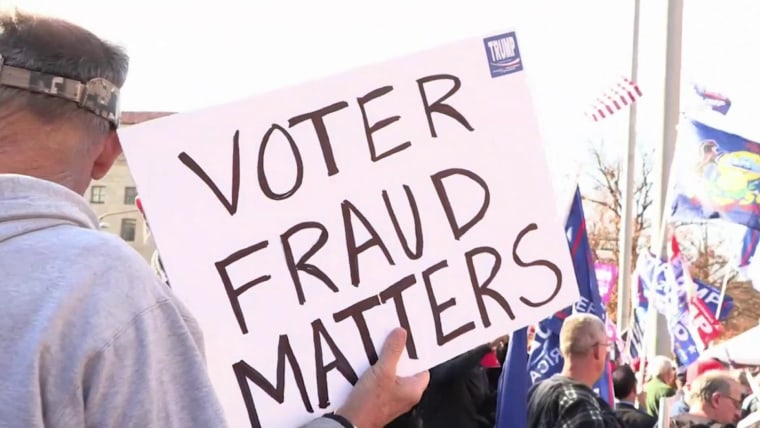A Republican attorney defending Arizona’s voting restrictions in front of the Supreme Court told justices Tuesday that the GOP was defending the measures because they disadvantage Democrats.
The Supreme Court is hearing arguments over Arizona voting restrictions in a pair of consolidated cases challenging a state law banning ballot collection and a policy that tosses ballots cast in the wrong precinct. Democrats have sued, saying the rules discriminate against minorities and violate Section 2 of the Voting Rights Act.
The case could have big implications outside of Arizona if the justices create a test for how to evaluate such voting rights cases under the voting rights legislation.
“What’s the interest of the Arizona RNC in keeping, say, the out-of-precinct ballot disqualification rules on the books?” Judge Amy Coney Barrett asked, referencing legal standing.
“Because it puts us at a competitive disadvantage relative to Democrats,” said Michael Carvin, the lawyer defending the state’s restrictions. “Politics is a zero-sum game. And every extra vote they get through unlawful interpretation of Section 2 hurts us, it’s the difference between winning an election 50-49 and losing an election 51 to 50.”
The response was a remarkable moment amid a pivotal time for voting rights: state Republicans have advanced a spate of restrictive voting bills in the wake of former President Donald Trump’s loss and months-long attack on mail voting. Advocates have warned that fighting discriminatory election laws is increasingly difficult, too, since the Supreme Court gutted Section 5 of the Voting Rights Act in 2013.
Arizona was a key battleground in the 2020 election, too, with President Joe Biden winning by approximately 10,000 votes.
The Republican National Committee Chairwoman Ronna McDaniel argued that the suit was a part of their party’s election integrity efforts.
“It is critical that all voters have confidence in the integrity and legitimacy of our elections. The Supreme Court should reject Democrats’ attempts to weaponize the Voting Rights Act in the name of partisan politics,” she said in a statement.
Voting rights advocates responded immediately, zeroing in on the partisan goal.
“Wow,” tweeted Wendy Weiser, a leading voting rights expert and vice president of the Democracy Program at the Brennan Center for Justice at the NYU School of Law. “This year, there is no longer a quiet part.”
Source: | This article originally belongs to Nbcnews.com










